We independently evaluate all recommended products and services. If you click on links we provide, we may receive compensation.
If the algorithm has you even minimally pegged as a skin care fan, you’ve likely seen hypochlorous acid content pop up in your feed, often in the form of Tower 28 SOS Daily Rescue Facial Spray. On TikTok alone, consumer trends research firm Spate named hypochlorous acid sprays as a top growing trend across all beauty categories. But the naturally occurring molecule is no hot new thing: First synthesized in 1834, hypochlorous acid has been used to disinfect wounds since World War I. Today, research shows its ability to assist in infection prevention, wound care, and scar management, among other benefits.
“It is an excellent addition to a skin care routine, particularly for individuals dealing with inflammatory conditions or undergoing cosmetic treatments, due to its soothing, healing, and protective properties,” says Chicago-based board-certified dermatologist Danilo C. Del Campo, M.D. Ahead, three medical providers answer all of our burning questions about the skin care ingredient poised to quell an array of fiery skin concerns.
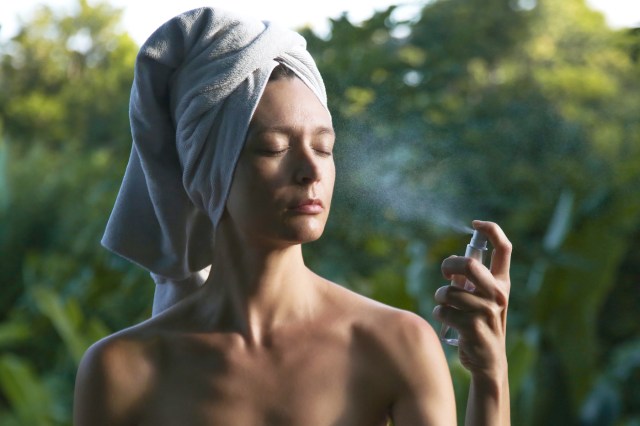
What Is Hypochlorous Acid?
Hypochlorous acid is a naturally occurring molecule and weak acid that forms when chlorine dissolves in water. It’s also naturally produced by our white blood cells to fend off harmful bacteria, some viruses, and fungi, notes Diane Hilal-Campo, M.D., board-certified ophthalmologist and founder of twenty/twenty beauty. As far as skin care is concerned, the highly oxidant molecule plays an important role in the body’s immune response, preventing infection, addressing wounds, and treating scars. “It also helps suppress inflammation, making it useful in managing conditions like atopic dermatitis,” Dr. Del Campo says. “Emerging research indicates that hypochlorous acid might also be beneficial in treating acne due to its antimicrobial properties, as well as dandruff by reducing scalp inflammation."
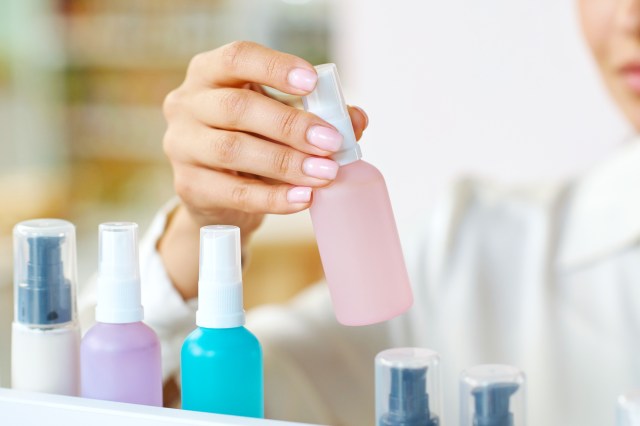
Who Should Use Hypochlorous Acid?
Because hypochlorous acid works as a disinfectant, it can help prevent infections on any skin at any time. It’s especially useful after harsh skin care treatments, an acne breakout, or when your skin just feels more sensitive. (More on this later.) “Hypochlorous acid promotes faster healing by encouraging new skin cell growth without damaging existing cells,” Dr. Del Campo says. “It reduces inflammation by interrupting the body’s inflammatory process, helping manage conditions such as eczema and psoriasis.”
When applied to the skin, it can also reduce redness and irritation. Dr. Del Campo likens the molecule to a much milder and safer version of the kinds of disinfectants used in pool water, and notes that generally all skin types, including sensitive skin, can benefit from hypochlorous acid. “I often jokingly tell my patients that if they can tolerate pool water, they likely will be fine using hypochlorous acid on their skin,” he says.
Though the molecule is known to be mild, Dr. Del Campo suggests performing a patch test to a small area of the skin to ensure no adverse reaction occurs before using it more widely. “Individuals with highly sensitive skin or specific dermatological conditions should consult a dermatologist before extensive use to ensure it is suitable for their unique skin profile,” he adds.
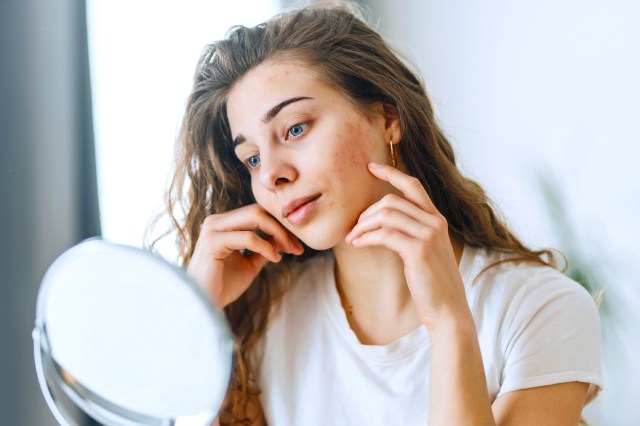
What Does Hypochlorous Acid Treat?
Hypochlorous acid products are typically used to help calm rosacea and irritation, add hydration, and address acne in skin. Dr. Del Campo stresses that the ingredient is particularly beneficial when used before and after low-to-no-downtime energy treatments, such as microneedling, radiofrequency, and laser procedures. “In these cases, hypochlorous acid can help calm the skin, reduce inflammation, and prevent infections, promoting better healing, and optimal results from the treatments,” he says.
Research also links the use of hypochlorous acid to clearing skin of acne. “It seems to be as effective as benzoyl peroxide but significantly less irritating, and it's easier to use because it doesn't bleach fabric or hair,” says Hadley King, M.D., a board-certified dermatologist based in New York City. “With recent concerns about benzene in benzoyl peroxide products, that's one more great reason to try hypochlorous acid instead.”
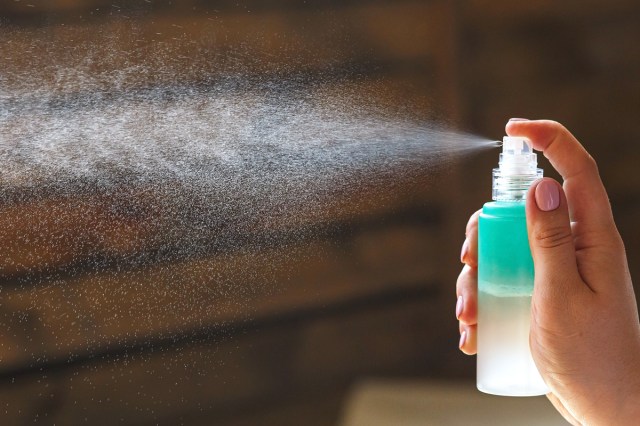
How To Use Hypochlorous Acid
Typically marketed in spray formulations, hypochlorous acid can be used on targeted areas of concern after cleansing as part of a skin care routine, or on its own and anytime, like a facial mist is used. Because the active ingredient is geared to reduce redness, a few spritzes of a hypochlorous acid spray can also calm skin post-workout. What’s more, Dr. Del Campo says the ingredient typically plays well with other common skin care actives.
“Hypochlorous acid is compatible with various skin care actives and can be safely used alongside ingredients such as retinol and vitamin C without compromising their efficacy,” Dr. Del Campo says. “However, to maximize benefits and avoid potential irritation, it is best to follow usage instructions and consult with a board-certified dermatologist if there are any concerns about interactions with other products in your regimen.”
Though hypochlorous acid is available in serum and cream formulations, Dr. Del Campo says “the most effective and commonly used form of hypochlorous acid for topical application is in sprays, which allow for easy application and quick absorption.”
As with much else on Amazon, one search for “hypochlorous acid” will produce a seemingly endless stream of related products — and because hypochlorous acid has applications outside of skin care (we are talking about a dissolution of chlorine in water, after all), Dr. Del Campo suggests being choosy with your purchase. “When selecting a hypochlorous acid product, it is crucial to choose formulations specifically designed for skin care to ensure purity and efficacy,” he says.
Shop the trend:
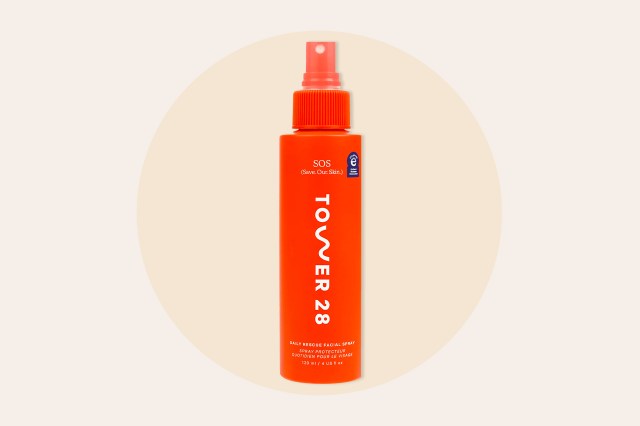
1. Tower 28 SOS Daily Rescue Facial Spray
Back in 2019, Tower 28 was one of the first brands at Sephora to launch a hypochlorous acid spray — and in 2022 it was one of the first to go viral on social media. It even has the National Eczema Association's Seal of Acceptance.
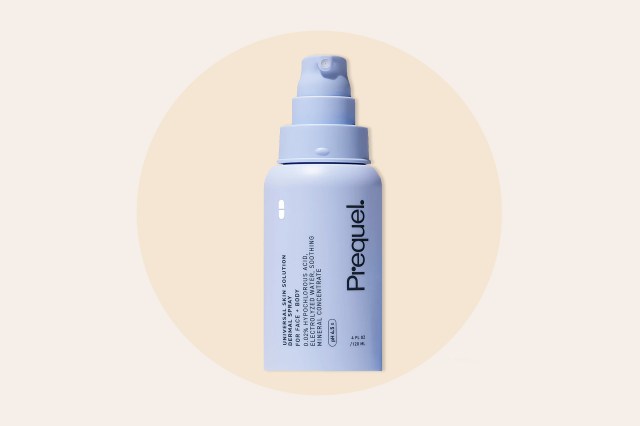
2. Prequel Skin Universal Skin Solution Dermal Spray
Another way to use hypochlorous acid? To calm sensitive skin, post-piercing. This skin spray from the dermatologist-founded skin care line Prequel helps cleanse skin and alleviate sensitivity — whether you’ve been to the piercer or not.
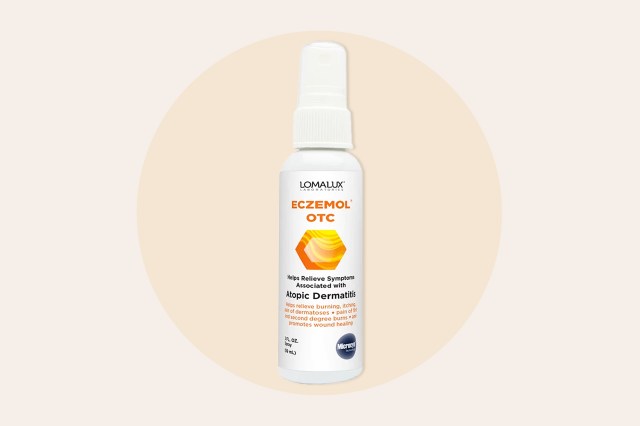
3. Lomalux Eczemol OTC Topical Spray
Dr. King suggests this topical spray to address acne, eczema, and burns. “Hypochlorous acid is a very effective antiseptic, but is far less irritating and drying than other ingredients (such as benzoyl peroxide, or alcohol), [and] can be just as effective,” she says. When it comes to managing atopic dermatitis, she suggests hypochlorous acid as a “far more convenient option” than the conventionally doctor-recommended diluted bleach baths, as it taps the same technology to kill microbes, without the harshness of bleach.
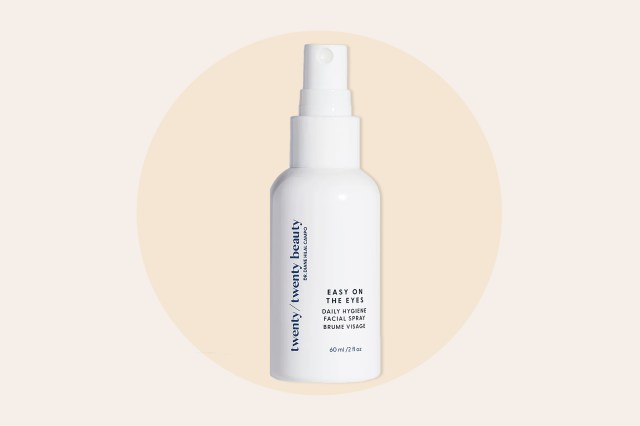
4. Twenty/twenty beauty Easy On The Eyes Calming Face Mist
For those who wear makeup, bacteria buildup on the lids and lashes is a common occurrence due to cross-contamination (both from using makeup applicators and fingers in beauty products). “Patients who get beauty treatments to their lashes, like lash extensions, are also at high risk of infections at the base of the lashes, necessitating removal of the extensions,” Dr. Hilal-Campo says. “Hypochlorous acid is a powerful, safe, effective spray to preventively keep the eye structures clean and free of germs.” The ophthalmologist and brand founder suggests using this spray twice daily to prevent bacteria buildup on lashes and lids — and spraying makeup applicators to reduce their germ load as well.
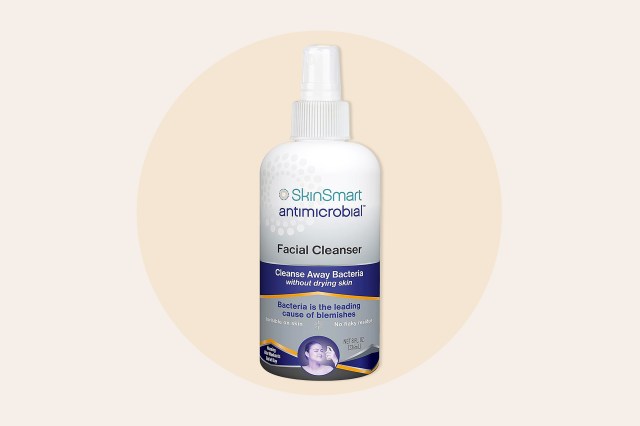
5. SkinSmart Facial Cleanser for Acne
Amazon customers go crazy for this affordable skin care spray. One reviewer says, “I have noticed a decrease in redness and breakouts on my face since using 2x a day. I have super sensitive skin and I’m so glad I took a chance on this spray. I also spray on my back and chest after working out.”
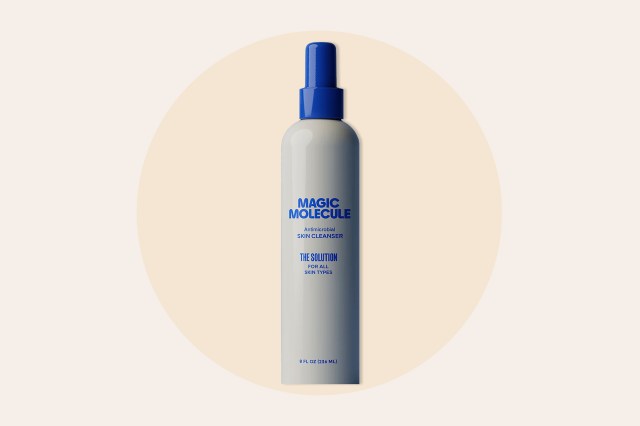
6. Magic Molecule Antimicrobial Skin Cleanser
We were excited to see the jelly shoes of our childhood reappear — that is, until we thought of the foot funk that can come with them. We’ll be using a hypochlorous acid spray like this one to reduce bacteria and fungus on sandaled feet all summer.
This article is for general informational purposes only.
Affiliate Disclaimer Medical Disclaimer



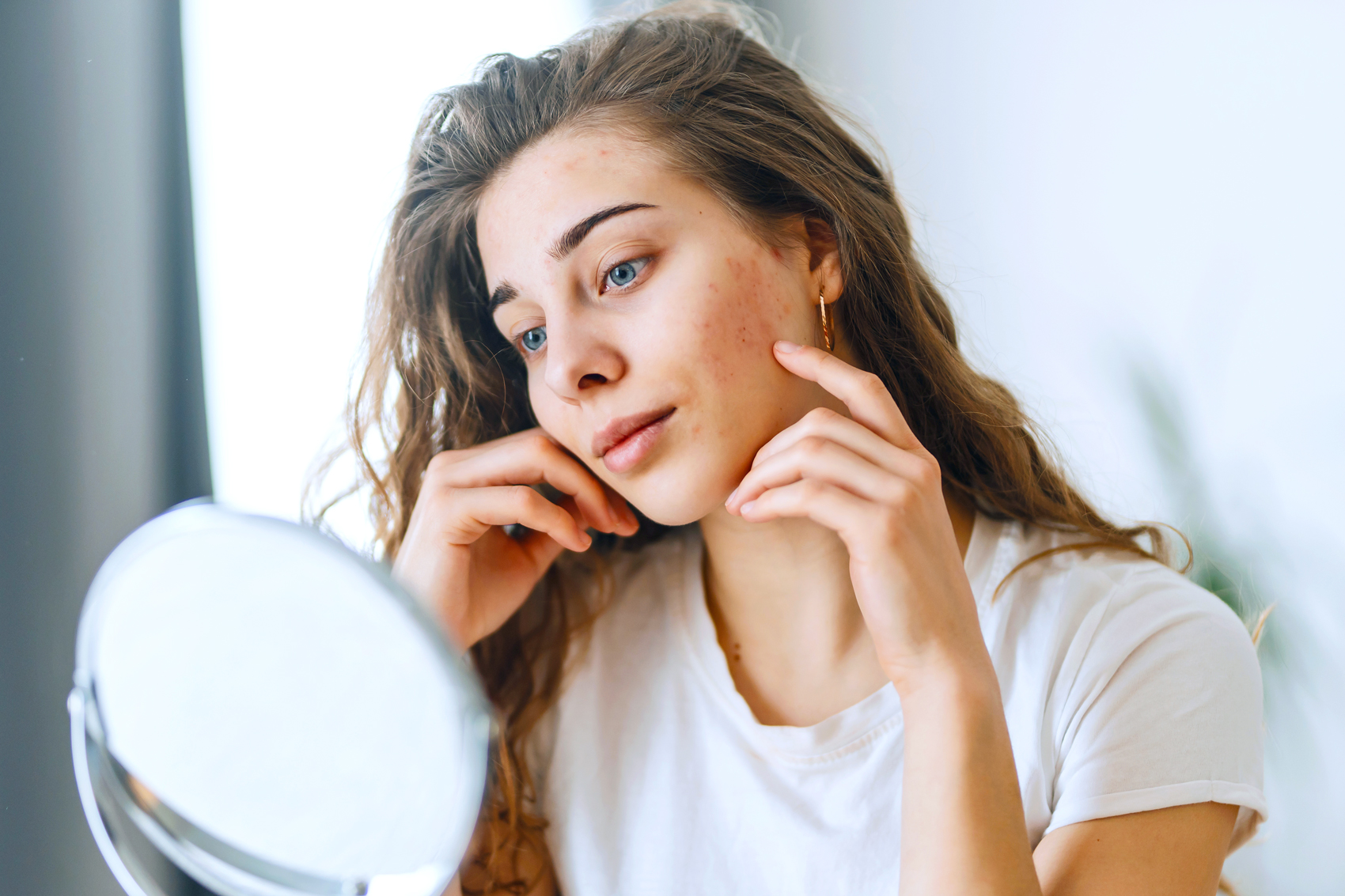






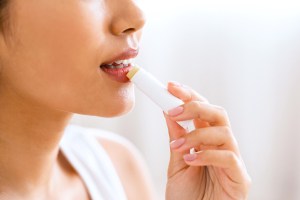
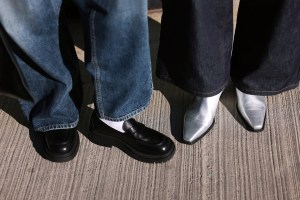

 Unique Beauty is free for all users.
Unique Beauty is free for all users.